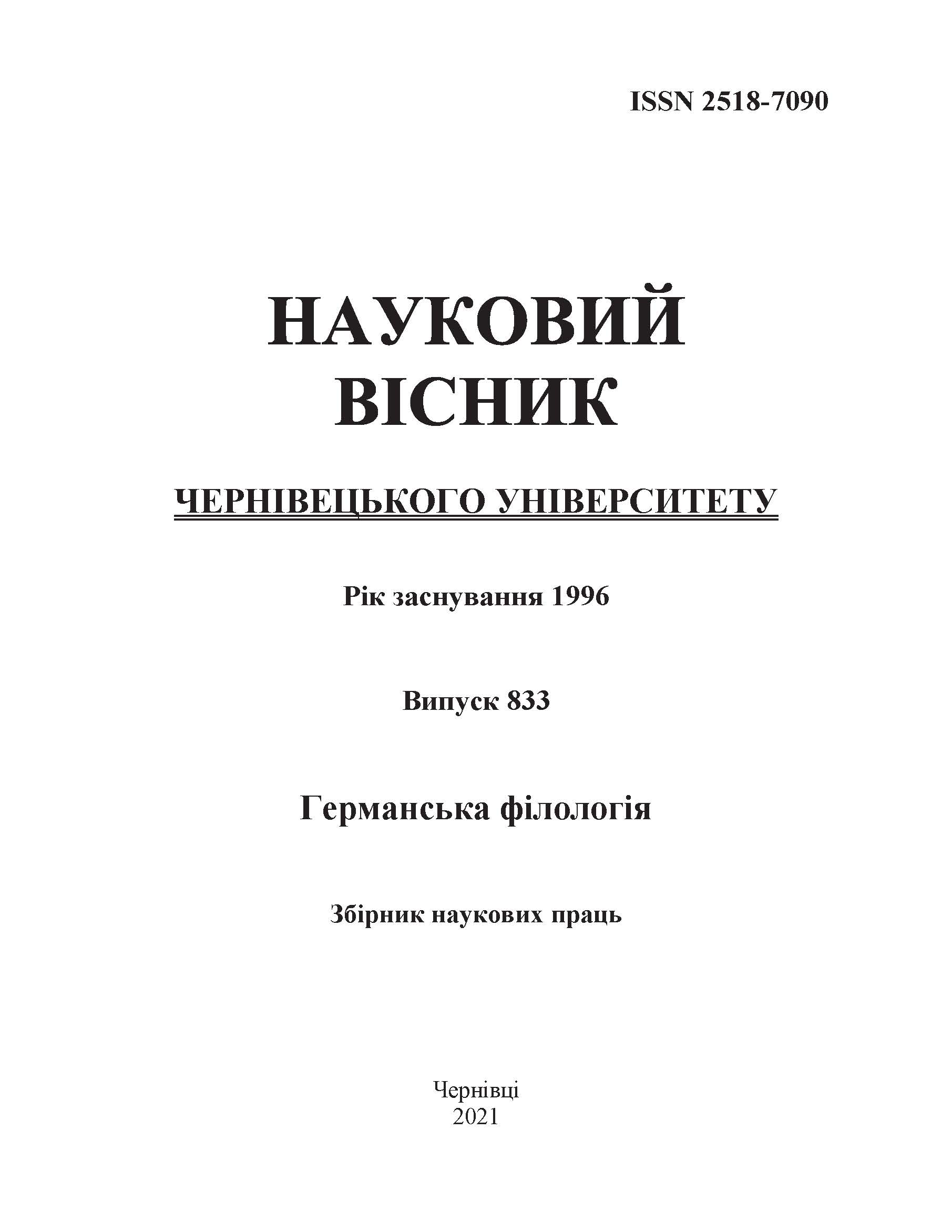THE PECULIARITIES OF COMPILING THE “GERMAN-UKRAINIAN DICTIONARY OF TERMINOLOGY OF LIFE SAFETY”
DOI:
https://doi.org/10.31861/gph2021.833.47-53Keywords:
dictionary, term, German professional language of life safety, terminological system, lexicography, synthesis of paradigmsAbstract
The article deals with the principles of compiling the “German-Ukrainian Dictionary of Terminology of Life Safety” and selection pecularities of the lexical material such as the principles of compliance with the goals and objectives of learning, frequency, word-forming value of the term, associative value, subjectivity and semantics. Compilation of the dictionary involves many stages: analysis of existing dictionaries, research of the needs of the addressee, determination of requirements and future characteristics of the dictionary, development of its macro- and microstructure, collection of lexical material, design of dictionary articles, selection of translation equivalents, ordering of the dictionary in accordance with the developed structure, editing, checking the compliance of the received product with the set goals.
The author offers the most productive and speed methods of compiling a dictionary with the help of BootCat generation program and Morphy program of paradigms synthesis, which allowed to single out 20,000 terms of the professional language of life safety in the shortest time and find their Ukrainian equivalents. The generation of a body of texts is carried out with S. Sharoff’s method, which provides the search for professiotexts with the help of randomly combined four basic terms. This ensures the organization of a homogeneous selection of thematically related texts from the Internet (manuals, reference books, scientific articles, newspaper reports, instructions, sights, abstracts and annotations of articles, etc.). The obtained texts are processed with the help of the Morphy paradigm synthesis program, which automatically assigns all possible grammatical categories to each word in the sentence, and compiles the initial list of terminological dictionary. The next task is to provide equivalent words in the language of translation, able to accurately convey the semantics of the register word. Consequently, in the hands of the user of the dictionary, there is a certain linguistic model of the German professional language of life safety in its equivalent reproduction in the Ukrainian language. The presence of such an initial model will allow the user to perceive adequately scientific texts and, thus, successfully expand their scientific and conceptual apparatus in the future.





